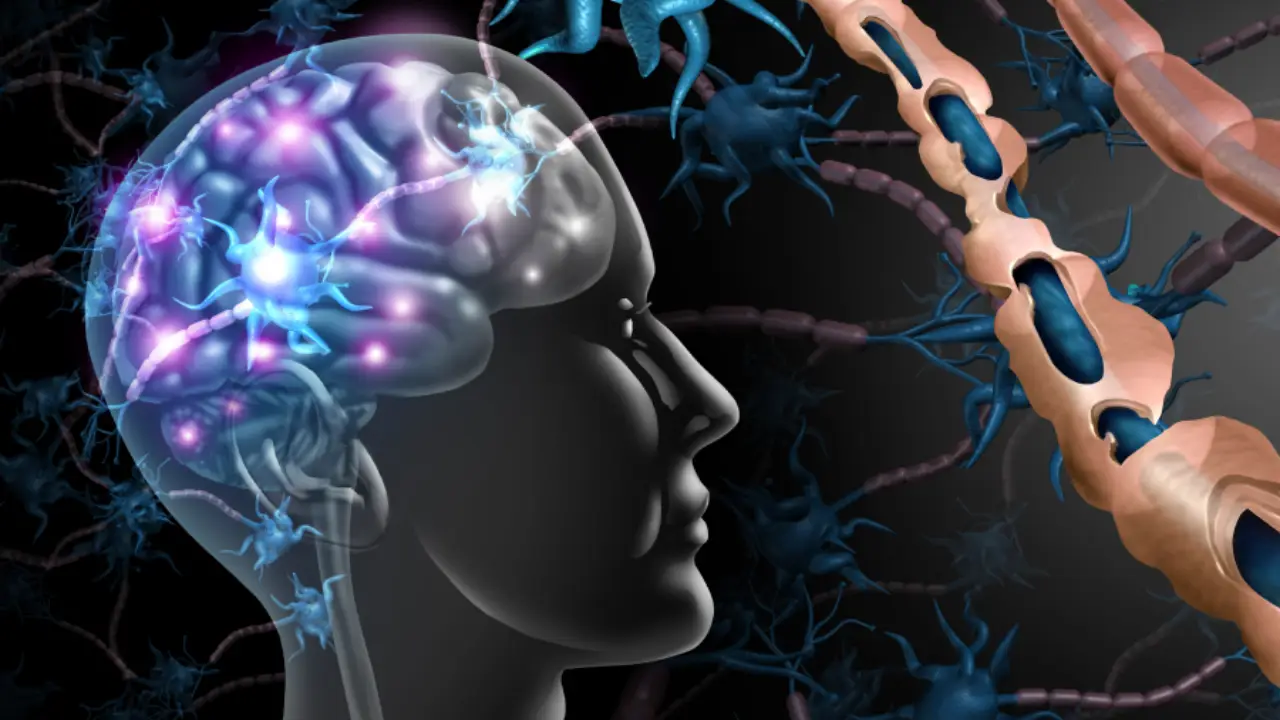Multiple Sclerosis (MS) is a chronic neurological disorder that affects the central nervous system. It is an unpredictable and often disabling disease caused by damaging the nerves in the brain and spinal cord. MS affects many aspects of a person’s life, including physical, psychological, and social, and is a significant cause of disability worldwide. Multiple sclerosis, or MS, occurs when a person’s immune system attacks the protective covering of the nerves, called myelin, creating lesions that affect the communication between the brain, spinal cord, and peripheral nerves. Without proper myelin functioning, the brain can no longer communicate with the body properly, and the person will experience mild to severe symptoms.
MS has no known cause. However, it is thought to be a combination of genetic, environmental, and immunological factors. Although the exact cause of MS is unknown, scientists believe it results from a variety of the three. For example, a person may be more likely to develop MS if they have relatives who have the disease or live in an area with higher sun ultraviolet rays. In addition, MS can affect different body parts, depending on the person and on which nerves have been affected by the brain and spinal cord lesions.
Symptoms can range from mild to severe and can vary from person to person. Common symptoms of MS may include fatigue, vertigo, impaired coordination, and balance, loss of vision, bladder and bowel problems, difficulty with speech, depression, pain in arms and legs, and difficulty with thinking and memory.
Treatment for MS is currently limited to managing symptoms with therapy, medications, and lifestyle modifications. Commonly used medicines for MS include interferon drugs, beta interferons, glatiramer acetate, and dimethyl fumarate. These treatments are used to modify the course of the disease by slowing its progression and reducing the severity of the symptoms.
For those affected by MS, lifestyle modifications will help to combat the symptoms, reduce pain, and maximize mobility. This can include exercise, diet, adequate rest, and stress management. Exercise is essential; it helps keep joints flexible, maintain strength and balance, and reduce fatigue.
In addition, practicing relaxation techniques and breathing exercises can help to relax tight muscles and reduce pain and fatigue. By staying organized, setting goals, and being realistic about one’s abilities and limitations, those with MS can take control of their lives and continue to lead a meaningful life, despite the difficulties that may arise. As new therapies become available and more is learned about MS, people with the illness can continue to look to the future with hope.
Multiple sclerosis is a chronic autoimmune disease that affects the central nervous system, characterized by inflammation and damage to the myelin sheath disrupting communication between the brain and the rest of the body, leading to a wide range of physical, cognitive, and emotional symptoms. The exact cause is still unknown. Common symptoms of multiple sclerosis include fatigue, difficulty walking, muscle weakness or spasms, numbness or tingling, problems with coordination and balance, blurred or double vision, and problems with memory and concentration. Diagnosis of multiple sclerosis involves a combination of medical history, neurological exams, and imaging tests. There is currently no cure for MS, but there are various treatments available that can help manage symptoms, slow down the progression of the disease, and improve quality of life.

Comments are closed.